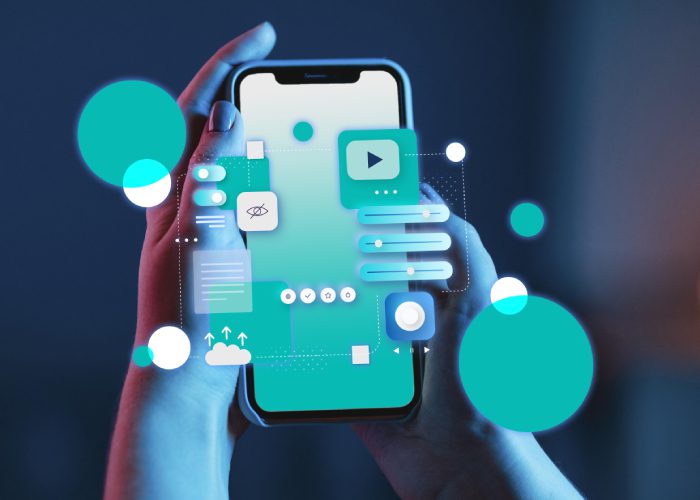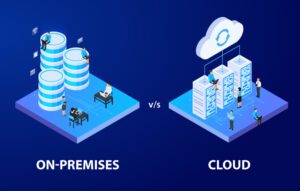Mobile app development is an ever-evolving field, with new trends and technologies emerging each year. As we progress through 2024, several key trends are shaping the future of mobile apps, offering innovative solutions and opportunities for businesses to enhance their mobile presence. Here’s a look at the top trends in mobile app development for 2024.
5G Technology
The rollout of 5G technology is revolutionizing mobile app development. With its faster data speeds and lower latency, 5G enables more responsive and sophisticated mobile applications. Developers can now create apps that offer real-time experiences, such as augmented reality (AR) and virtual reality (VR) applications, high-quality video streaming, and seamless cloud gaming.
AI and Machine Learning Integration
Artificial Intelligence (AI) and Machine Learning (ML) are becoming integral components of mobile apps. These technologies allow for enhanced user experiences through personalized content, predictive analytics, and intelligent automation. AI-powered chatbots, voice assistants, and recommendation engines are just a few examples of how AI and ML are being utilized in mobile apps.
Augmented Reality (AR) and Virtual Reality (VR)
AR and VR technologies are transforming the way users interact with mobile apps. AR apps, such as those used for gaming, education, and retail, provide immersive experiences that blend digital content with the real world. VR apps offer fully immersive environments, perfect for entertainment, training, and virtual tours. These technologies are becoming more accessible and mainstream, driving innovation in app development.
Cross-Platform Development
Cross-platform development frameworks, such as React Native, Flutter, and Xamarin, are gaining popularity. These frameworks allow developers to create apps that work seamlessly on multiple platforms, including iOS and Android, using a single codebase. This approach reduces development time and costs while ensuring a consistent user experience across devices.
IoT Integration
The Internet of Things (IoT) continues to expand, connecting a wide range of devices and enabling them to communicate with each other. Mobile apps are increasingly being developed to control and interact with IoT devices, from smart home systems to wearable health trackers. IoT integration in mobile apps enhances user convenience and provides valuable data insights.
Enhanced Mobile Security
With the rise of mobile app usage, ensuring robust security measures is critical. Developers are focusing on implementing advanced security features, such as biometric authentication (fingerprint and facial recognition), end-to-end encryption, and secure coding practices. Protecting user data and maintaining privacy are top priorities in modern mobile app development.
Progressive Web Apps (PWAs)
Progressive Web Apps (PWAs) combine the best features of web and mobile apps. They offer the reliability and capabilities of native apps, such as offline access and push notifications, while being accessible through a web browser. PWAs are cost-effective to develop and provide a seamless user experience across different devices and platforms.
Conclusion
The mobile app development landscape in 2024 is characterized by rapid advancements and innovative trends. By embracing these trends, businesses can create cutting-edge mobile apps that enhance user experiences, drive engagement, and stay competitive in the digital marketplace.




